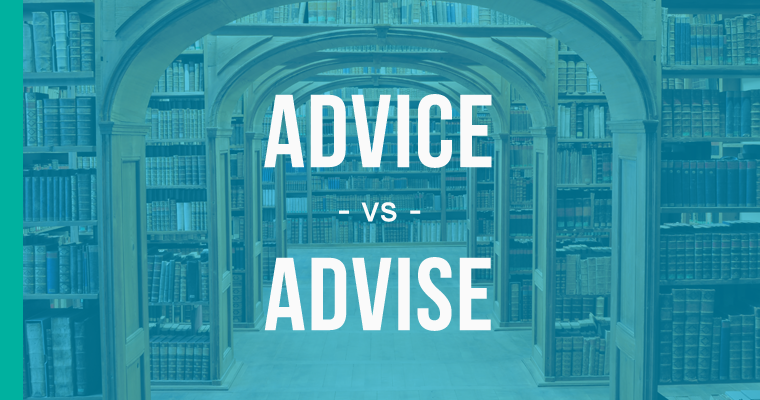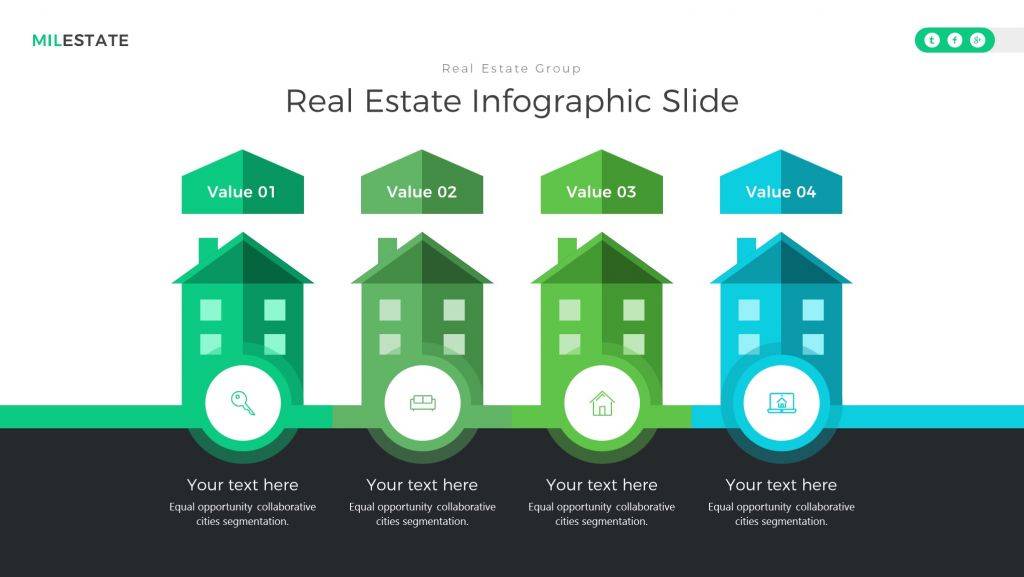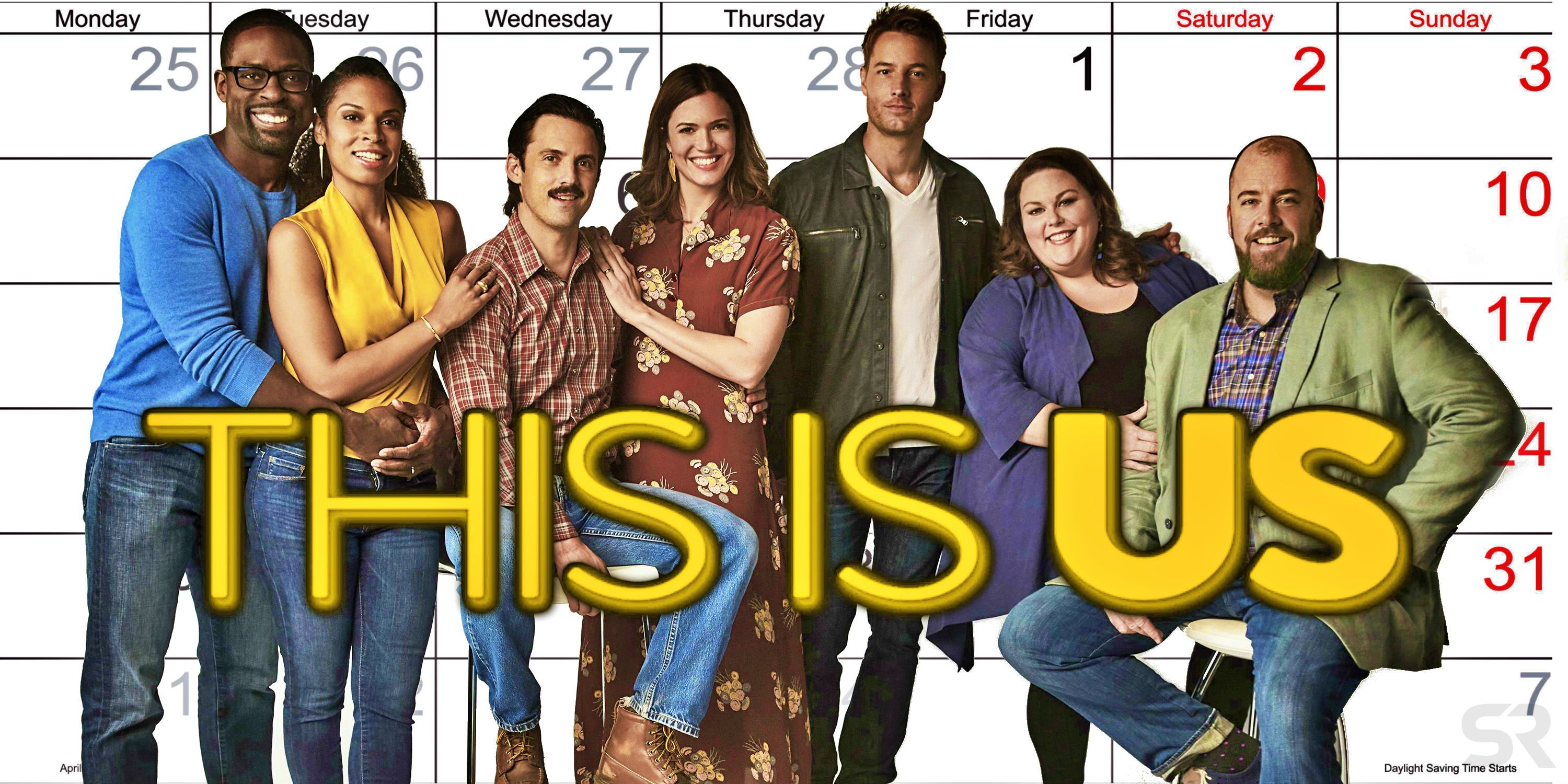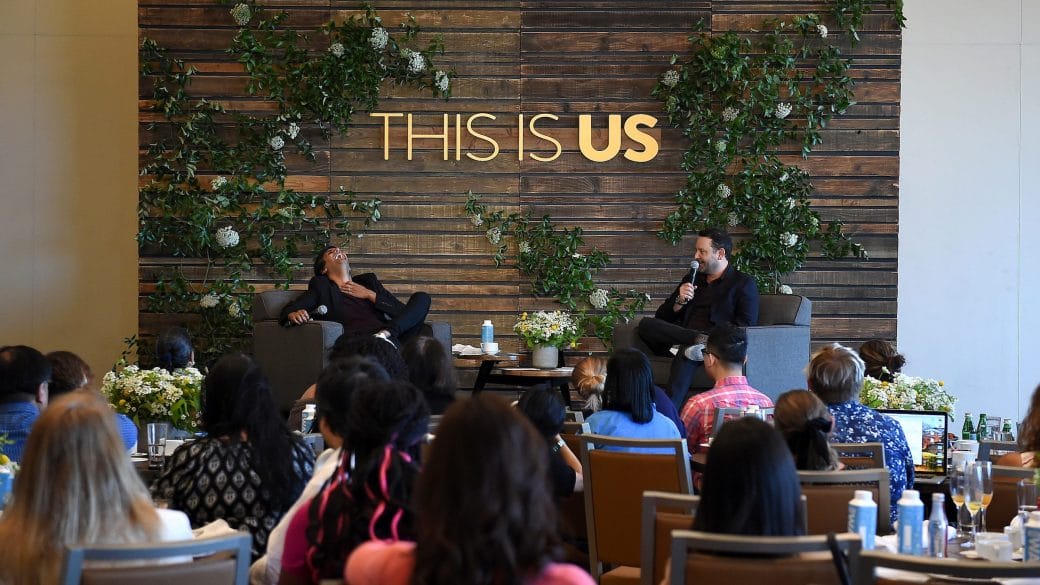As a conjunctive adverb, however is used to join two independent clauses to form a compound sentence. An independent clause is a clause that could stand alone as a complete sentence. The "however" introduces a contrast or opposition between two independent clauses.
However is a conjunctive adverb, not a coordinating conjunction . Remember that an adverb modifies a verb, and the word conjunction implies that it's bringing two separate ideas together. A conjunctive adverb must use a semicolon to connect two independent clauses, NOT just a comma.
A compound sentence with "however" contains at least two independent clauses. These two independent clauses can be combined with a comma and a coordinating conjunction or with a semicolon. Using Semicolons A semicolon is most commonly used to link two independent clauses that are closely related in thought.
Use a semicolon between two independent clauses that are connected by conjunctive adverbs or transitional phrases. We saw in sentence structure that a compound sentence is two independent clauses joined by a coordinating conjunction or semicolon. So a compound sentence is like two or more simple sentences added together. A compound sentence does not contain any dependent clauses. Punctuation and grammar rules state that two independent clauses connected with a conjunctive adverb cannot be joined with only a comma.
The semicolon is strong enough to hold them together, and the full stop of the period is powerful enough to break the clauses apart. The adverb "however" means "to whatever extent or degree". It's typically used in sentences to merge two independent clauses to make a single, compound sentence. The term could be used in the middle of a sentence, with or without punctuation.
A common problem writers face is the incorrect usage of conjunctive adverbs. Many times it is because they confuse them with coordinating conjunctions. Mind your commas and semicolons, and don't use any punctuation after "however" when you use it to mean "in whatever manner," "to whatever extent," or "no matter how." When a conjunctive adverb connects two independent clauses in one sentence, it is preceded by a semicolon and followed by a comma.
Hopefully, you noticed an important difference between the two in punctuation. This is because "but" is a coordinating conjunction and exists to connect sentences. Because of the nature of the beast, only a comma is required before the conjunction when combining two independent clauses.
Possibly, the only similarity between "but" and "and" is the punctuation usage. Both do not have commas after them, and they also usually have just a comma right before when merging two independent clauses instead of a semicolon, unlike "however". All of these examples create comma splices because there are complete sentences to the left and the right of the conjunctive adverbs however, therefore, and moreover. The commas after "growth," "hunger," and "poet" create the comma splices.
Here is the correct way to punctuate these sentences. When two independent clauses come together to make a compound sentence, "however" is used with a semicolon (;) before it and a comma right after. Usually, we join independent clauses with one of the seven coordinating conjunctions. Of course, you can also place however mid-sentence to create desired emphasis, as we saw in examples c and d above. Just be sure that if you use a pair of commas, however isn't separating independent clauses, which would require a semicolon and comma.
The word and joins these two independent clauses. Independent clauses are those that can each stand alone as a complete sentence. The second is Then he chased a squirrel through the park.
A comma is used after the first independent clause except in cases where the two independent clauses are very short, and there's no chance of confusion, such as He jumps high and runs fast. Since each of these is used as a coordinating conjunction, you'll still need to punctuate your sentences correctly. Still, it's a good idea to have a range of conjunctions ready, so you don't always use "however" to introduce contrasting points.
When these words join two independent clauses they are known as adverbial conjuncts because they are adverbs acting as conjunctions. A compound-complex sentence with "however" contains at least two independent clauses and at least one dependent clause. You put a semicolon before other conjunctive adverbs when they connect main clauses too. For example, you'd put a semicolon before the words "consequently," "moreover," "nevertheless," "still," and "therefore" in similar sentences. The most common use of however is as an adverb that connects two sentences/clauses in order to show a contrasting idea.
In this use, however is also known as a transition word or a conjunctive adverb. ; at least,The table shows all seven coordinating conjunctions, and a few conjunctive adverbs as examples. We can also join independent clause with words and phrases like moreover, however, at least . In this case, the conjunctive adverb must be preceded by a semicolon (;) and followed by a comma . Most of the time, problems occur when the writer uses a conjunctive adverb in the middle of a sentence when a coordinating conjunction is actually needed.
But remember that conjunctive adverbs can be used in any part of a sentence. It's purely an adverb that can do conjunction duties when the need arises or when two independent clauses are a bit too loaded or complex for traditional conjunctions like "but" and "and" to glue or shoulder. But "however" does exhibit a relationship between two clauses as more rhetorical or semantic than grammatical. But when "however" is not used as a "conjunction" or doesn't link two independent clauses, it has no preceding semicolon.
To join two closely related independent clauses that are not joined by a coordinating conjunction. Put a comma after however if you're using it as a conjunctive adverb to introduce a contrast, and it is followed by an independent clause . Though some writers rebel against this rule and surround their conjunctive adverbs with commas, most still prefer the significant pause the semicolon or period offers. A complex sentence with "however" contains at least one independent clause and at least one dependent clause. Dependent clauses can refer to the subject the sequence/time , or the causal elements of the independent clause.
As a conjunctive adverb, however is used to combine two sentences and show their contrast or opposition. When however is used at the beginning of a sentence, there should be a comma after however if what follows the word is a complete sentence. A semicolon may be used between independent clauses joined by a connector, such as and, but, or, nor, etc., when one or more commas appear in the first clause. Appropriate punctuation is required to join two independent clauses.
A run-on or fused sentence occurs when this punctuation is completely absent. One of the most common questions asked by writers, no matter their proficiency level, is whether or not however can be used at the start of the sentence. The short answer is yes, indeed it can, but the long answer requires a little more explaining. That's because the way you use however will determine whether or not you use a comma or semicolon directly after it and whether it should be at the start of the sentence. Using these different punctuation points will change the meaning of the sentence completely. As a connector word, specific rules govern the usage of "however." Many people struggle to use the word properly because it is a conjunctive adverb rather than a conjunction.
Some also pause when wanting to start their sentence with it. Finally, the correct sentence comes with a semi-colon before "however" and a comma after. The semi-colon breaks up the two connected clauses to help with understanding.
"However" stands alone as a coordinating conjunction, meaning a comma needs to come directly after it before the new clause makes sense. A simple sentence with "however" contains a subject and a verb, and it may also have an object and modifiers. However, it contains only one independent clause. Even though it's not wrong to start a sentence with "however," sometimes it's still a good idea to avoid it because a lot of people think it's wrong.
I don't advise starting a sentence with "however" in a cover letter for a job application, for example. You don't want your resume to get dumped because someone thinks you've made a mistake when you really haven't. For instance, while 'but' can link dependent clauses within a sentence, 'however' is only used with independent clauses (i.e. statements that would work as a sentence by themselves).
"But" is a conjunction, and "however" is a conjunctive adverb. Simply put, "but" would use a comma to split two sentences, while "however" would use a semicolon or full stop to split the same sentence. A run on sentence, which is also known as a fused sentence, is two or more independent clauses that are run together with no punctuation.
A comma splice is a sentence that has two or more independent clauses joined only by a comma. Even though the word "however" can mean the same as "but," they are grammatically different. "However" is a conjunctive adverb (like "therefore," "consequently," and "nevertheless"), and it is used to link the ideas either side of it. "But" is a coordinating conjunction (like "and," "or" and "yet"), and it is used to join the like-for-like elements either side of it. It's, therefore, advised not to start sentences with "however" and resort to compound sentences instead.
Besides the "sentence fragmentation" issue, using "however" at the very beginning makes the term seem a lot more significant than the actual sentence it's a part of. The last example is not correct because "thus" cannot join two independent clauses. If you want to avoid starting a sentence with "however," it's not hard to do—just grab a semicolon and use it to connect your two main clauses. What I mean is that instead of putting a period at the end of the sentence before the "however," put a semicolon there instead. We use 'although' and 'despite / in spite of' to connect two clauses in the same sentence. On the other hand, 'however' isn't used to connect two clauses.
Instead, we usually put the two ideas in two separate sentences. We put 'however' in the second sentence, and we can put it at the beginning, at the end, or after the subject.I love London. Do not try to join independent clauses with a comma alone—that's impossible! Occasionally, we join independent clauses with a semicolon (;).
The most common of these coordinating conjunctions are and, but and or, in that order. Note that a comma must come before the coordinating conjunction except when the clauses are short . We use "however" in the middle of a sentence when it is linking two clauses together.
If the two clauses are closely related, "however" is used as a coordinating conjunction and often separated by commas or semi-colons to fit in the flow of the sentence. You can use them to create a compound sentence. Conjunctive adverbs are always used with a semi-colon in front of them and a comma after them.
Note that when using a coordinating conjunction, you can remove any subject word and modal auxiliary from the second clause. (This is not possible with subordinating conjunctions.)He's already had three beers, and now he wants another one. He's already had three beers and now wants another one. To join two closely related independent clauses and a transition. When "however" is used to express a contrast between two ideas, special punctuation accommodations govern this usage.
It is usually better to combine the two ideas using "however" as the glue rather than starting an sentence. When we use "however" in the middle of a sentence, it's important to understand the punctuation rules. You're always going to need to include some punctuation when writing "however." If you leave it without anything, then your sentence will feel wordy and difficult to read.
The conjunctions usually have just one comma before them when used somewhere in the middle of a sentence. When they are not merging two dependent clauses or one independent and one dependent clause, even the solitary comma could be missing. It's easy to write fragment sentences when you start them with, "However." If a sentence begins, "However, …" it needs to be followed by an independent clause! Check all your sentences that contain it to make sure they are complete. Make sure your semicolons and commas are in the right place.
When you use "however" as a conjunctive adverb, remember that the semicolon comes before "however," and the comma comes after. Remember that two commas are not enough to contain a "however." If a conjunctive adverb is used in any other position in a sentence, it is set off by commas. 'However', 'nevertheless', and 'nonetheless' convey the same unexpected result. 'However', 'nevertheless' and 'nonetheless' are more formal and are usually used only in writing.


















































